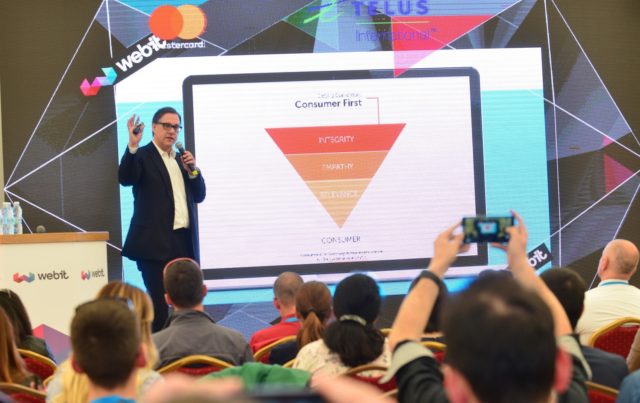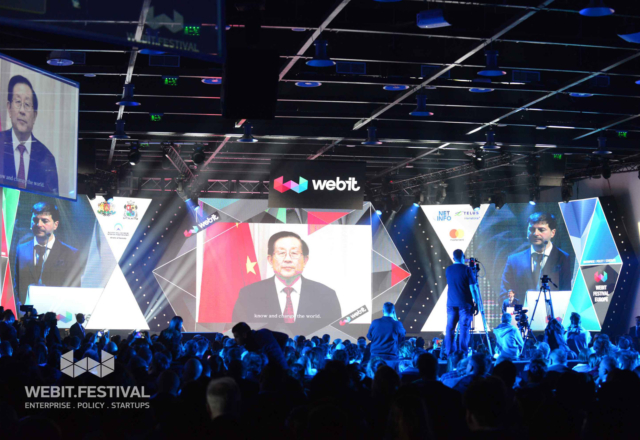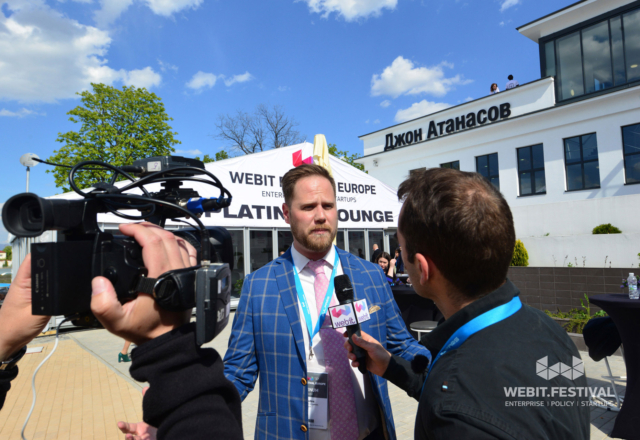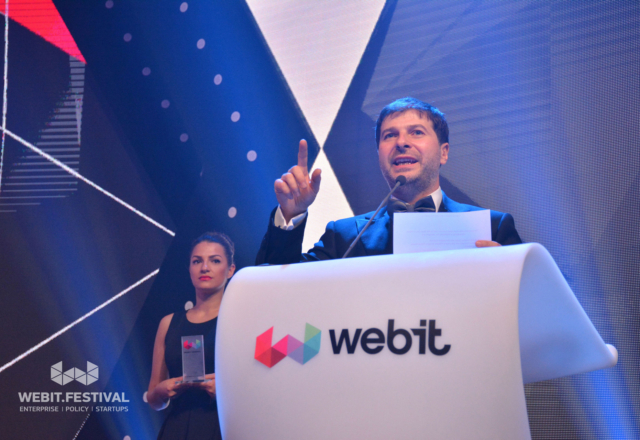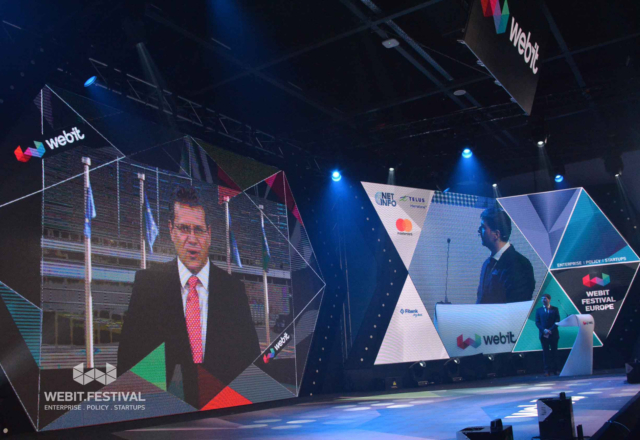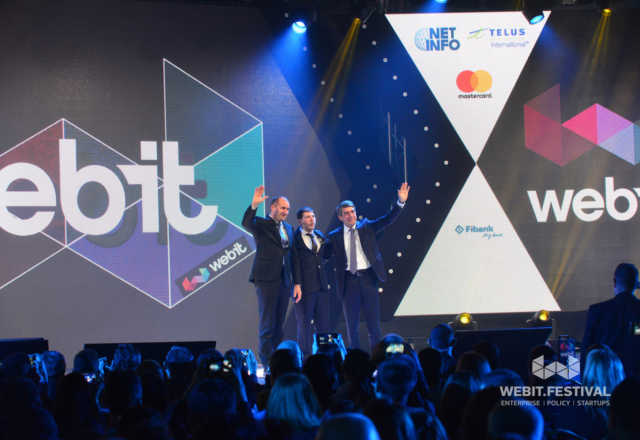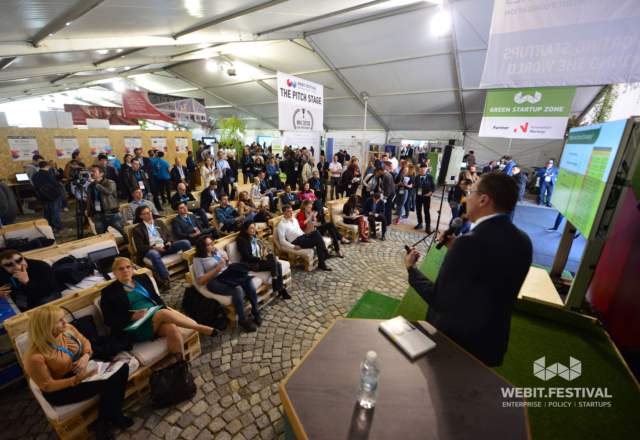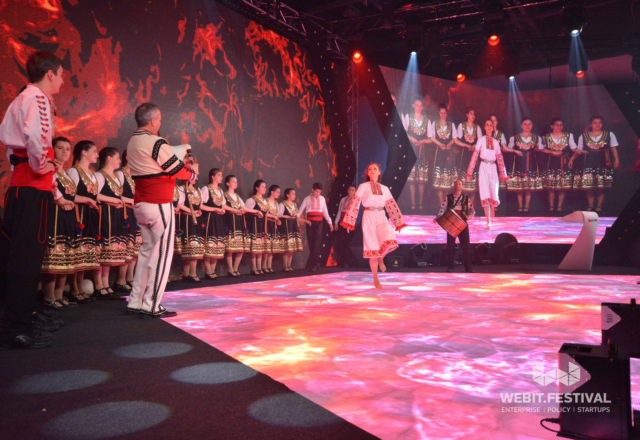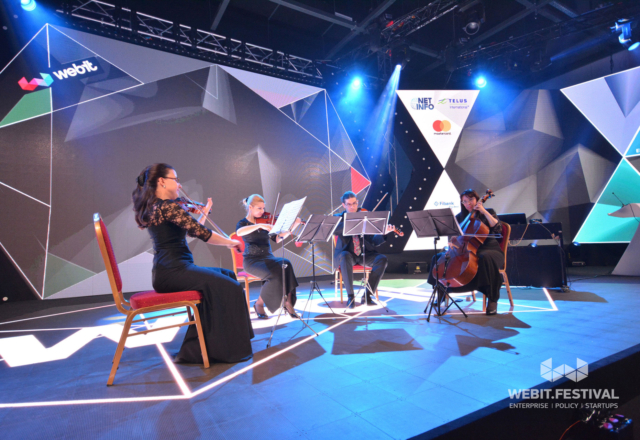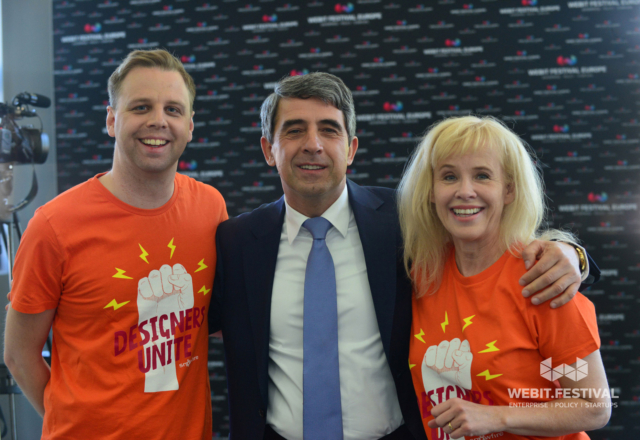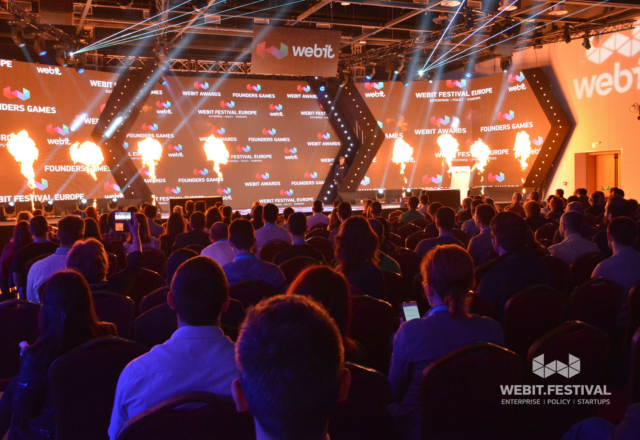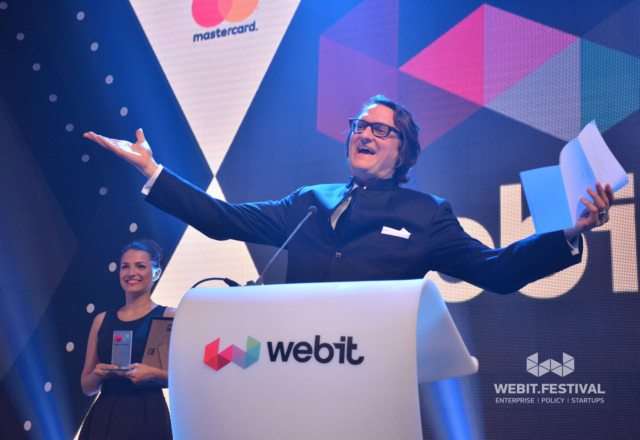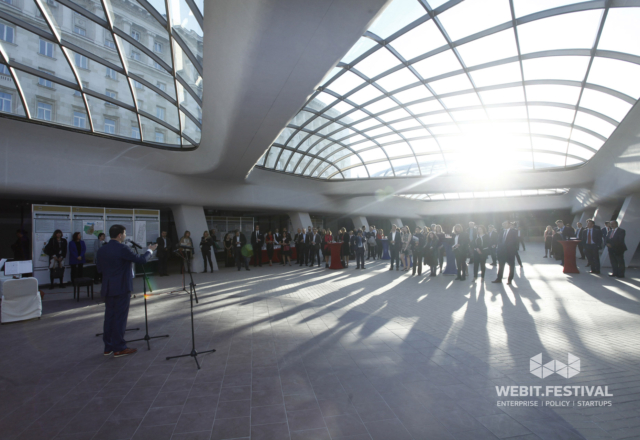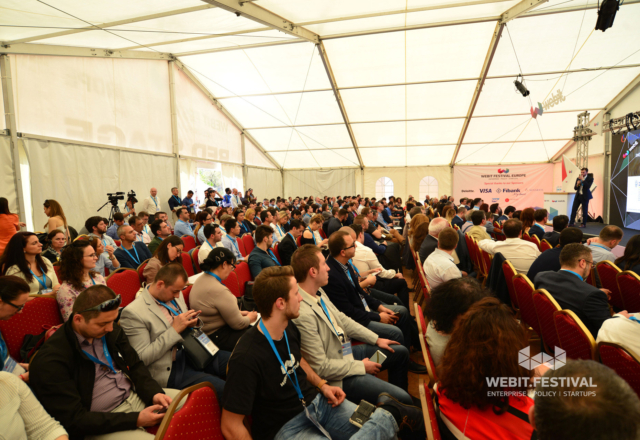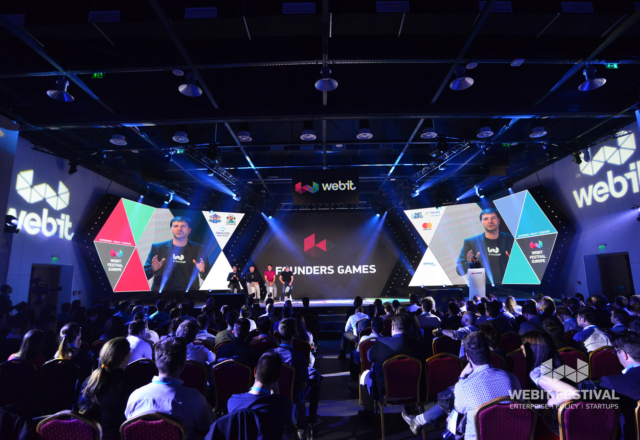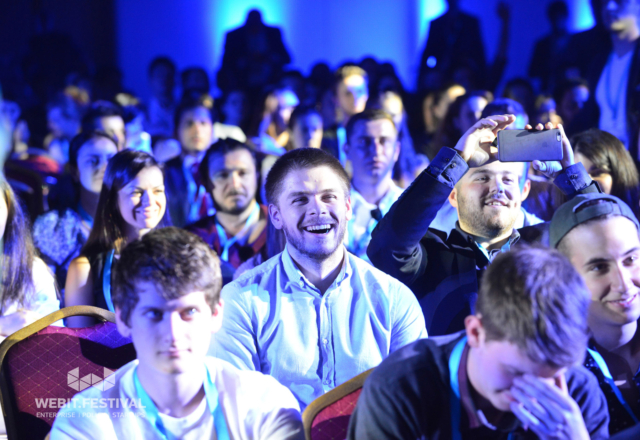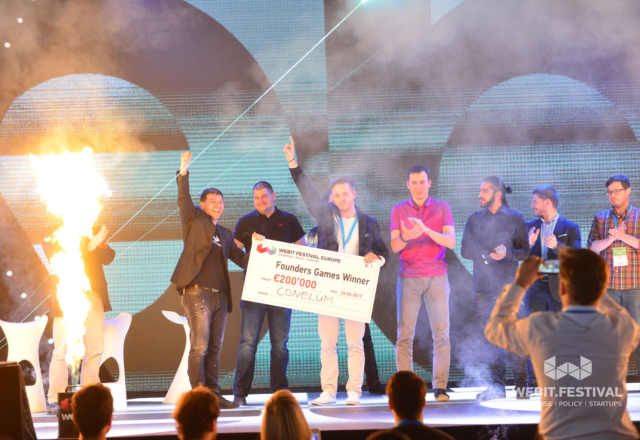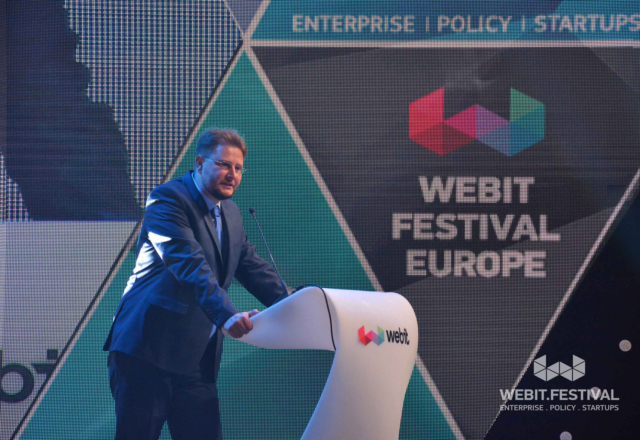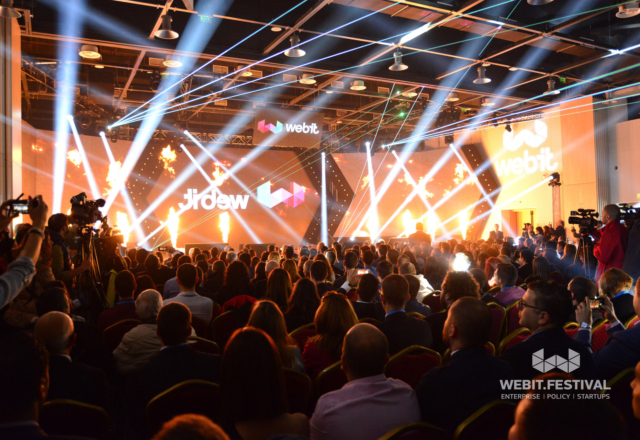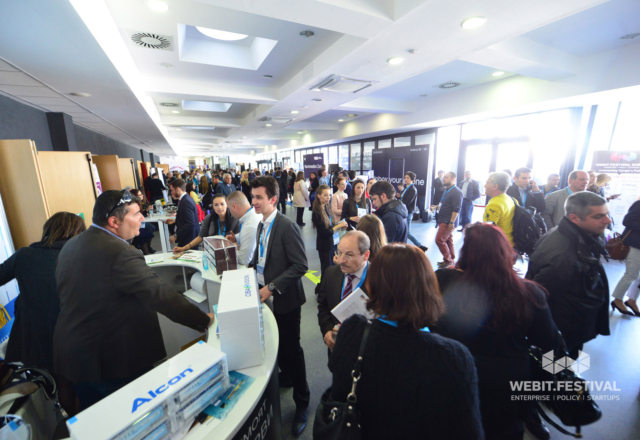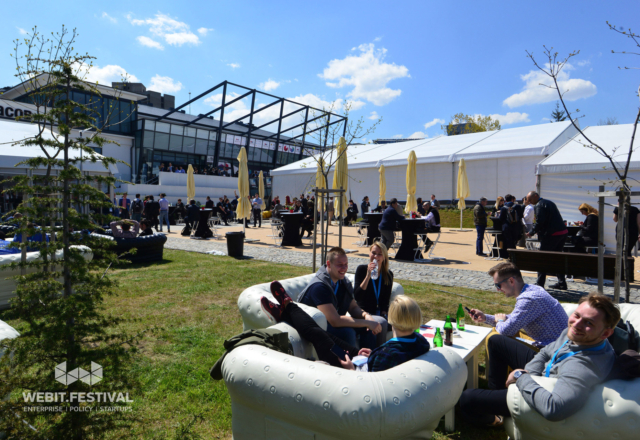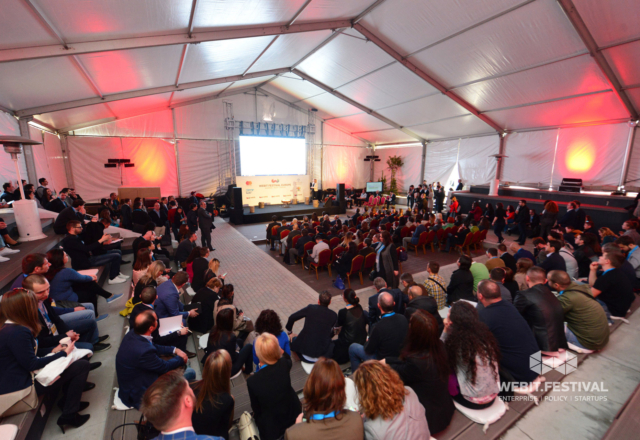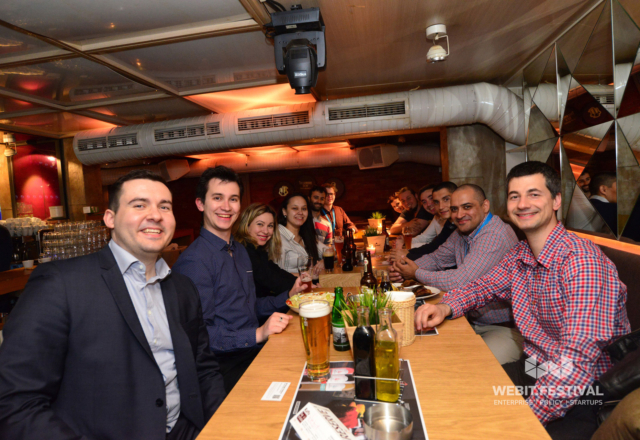Few years ago the Executive Chairman of Google Eric Schmidt predicted that soon it will be very hard for people to watch or consume something that is not in some sense been tailored especially for them. And as the Millennial generation becomes a bigger and bigger part of the consumer population marketers realize that this is quickly becoming reality.
The challenge before the marketing experts worldwide is to catch up with this giant trend and to find new ways to personalize their products and services and make them relevant for the Generation Y.
And during Webit.Festival Europe the Chief Marketing Officer of Selligent Nick Worth shared his vision about the evolution of his profession in the Digital age and the changing consumer behavior.
Nick joined the Selligent Executive Advisory Board in 2013, and became the company’s first CMO a year later. Selligent was recently recognized by Venture Beat as the world’s fastest growing marketing automation company. Today, it offers the world’s first relationship marketing platform that can deliver on the promise of consumer-first marketing with contextually
The main hypothesis behind this success is that people live in moments, and the moment is the key to marketing, because that is when somebody has to make a big decision.
“We think about that in terms of something called consumer-first marketing. Traditionally marketers start with a program and channel. We think that you need to turn that upside down and start with the need of the person”, Worth explained.
Consumer-first marketing inverts the traditional approach to marketing. It focuses on consumers to identify opportunities for filling the unmet need, entertaining or solving a pressing problem.
It all starts with the need, treating it with integrity and listening to what consumers are telling about their requirements. As a marketer in the Digital age, you have to first be empathetic, and then deliver something that is relevant to the moment.
As an example for the ever changing behavior of the consumer, Worth talked about the development of cereal breakfast market in the US during the last couple of decades.
He remembered that when he was a kid his family always gathered in the morning to eat cereal as a time for bonding together. The reason the used this kind of food because it was convenient and fast to prepare. Later in college he ate cereal, not only for the convenience, but because of the low price.
In the same time statistics show that cereal sales in the US are declining. The reason people don’t want to eat cereal any more is that it need a bowl and spoon that you have to clean. What happened is that this product went for being super popular because of its convenience to being unpopular for the exact opposite reason. What is taking off in the US is the sales of whole food bars. You just have to unwrap it and eat it.
The point is that while the cereal stayed exactly the same during the years, the people have changed. And their expectations about what seems convenient changed too.
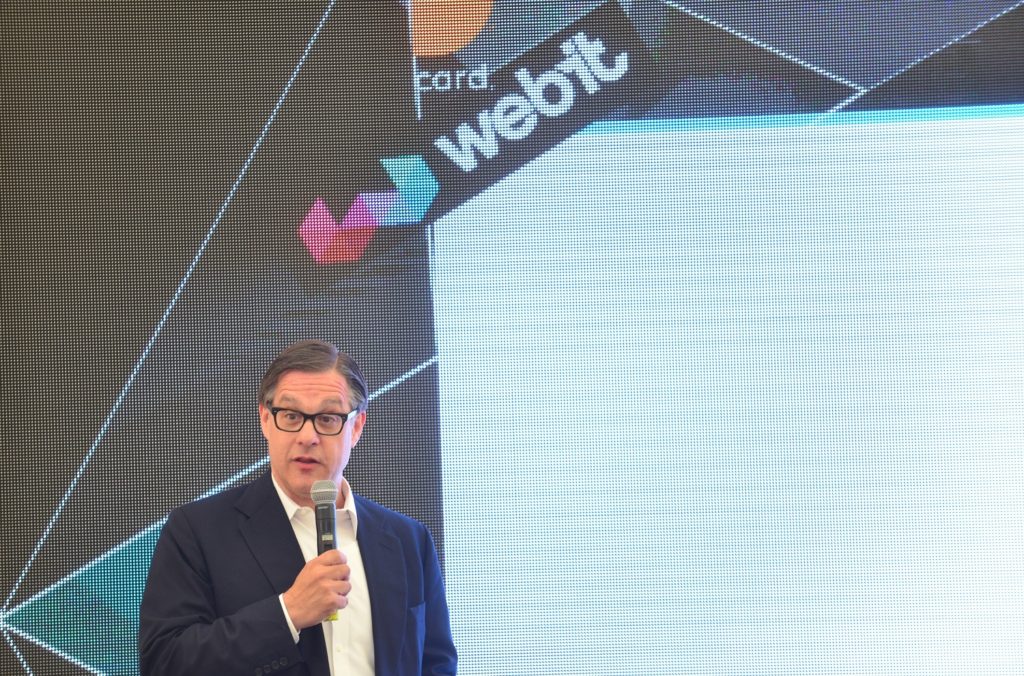
The person that thinks that cereal is inconvenient is called the entitled consumer. He believes that he is inherently deserving of privileges of special treatment. 90% of us expect real-time customer service. 78% expect automatic payments and checkouts. 79% expect same-day delivery. 53% expect retailers to learn their taste and make suggestions. 48% even expect that there will be a service that ships products before they order them. This is an actual thing that is called Anticipatory commerce.
All businesses today have to market in a world where people think that they are going to order products with their brains and the marketers will just know where to send them. And this is a tough world to live in.
“The Millennials expect brands to know them not as a segment but as an specific individuals. Their grandparents are worried about privacy online. What they worry about is relevance. They expect brands to give them individual experience. This is the first generation that don’t want to be thought about as a generation, but as individuals”, Worth said.
An obvious example for this is the ever growing $200 billion fast food market in the US. Statistics show that Chipotle is taking over the McDonald’s because of the personalized products they offer. Their clients can pick every ingredient in the Mexican food they order.
The entitled consumers want convenience, value and relevance. The average number of daily marketing messages per consumer have gone from 500 in 1920 to over 10 000 in 2016. We have become a world where people are giving brands about 8 seconds of attention, while the average level of attention span of a goldfish is around 9-10 seconds.
One of the main problems is that Millennials are not multitasking. Instead, they are selectively paying attention to one thing tuning out others and then switching. That means that if you want to send a teenager a message you have got to tune out other things.
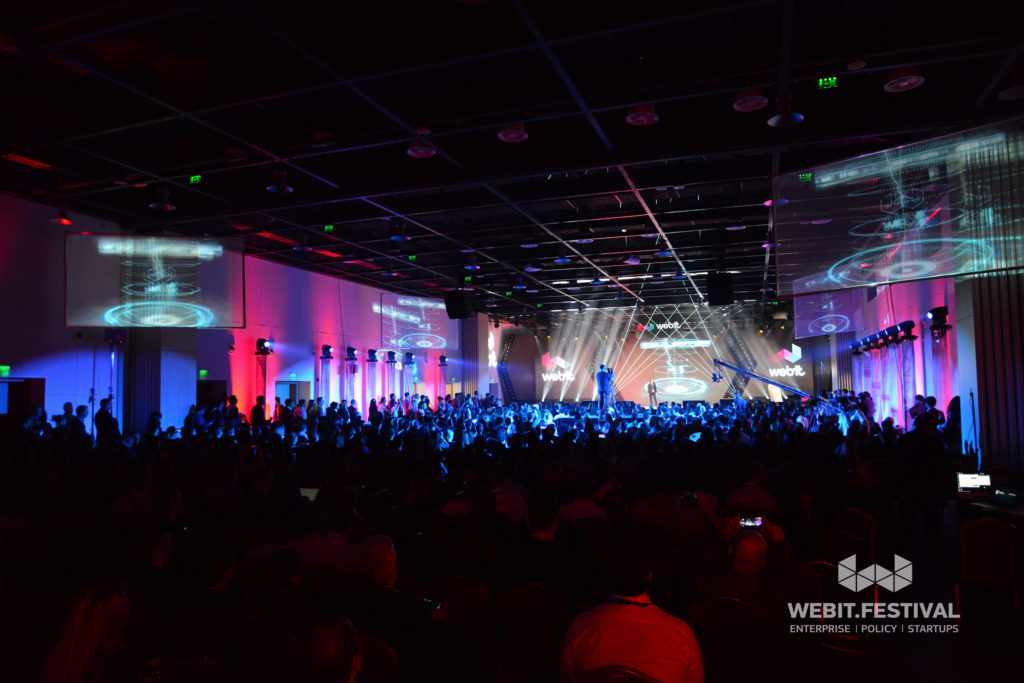
Another interesting example is ING. Like all retail banks their biggest challenge is getting new customers because new customers in banks are young people. You want to get them in university or first job and then build a relationship that will last for years.
Rather than reaching out to young people in Belgium on the basis of how great their banking services are, they try to think about what young people do in Europe during the summer. They go to music festivals, because they are fun. But music festivals have problems. There is no parking, there are no toilets, there is no place to charge your phone. If you are caring a lot of valuable stuff there is no place to put them. If you want to share your experience with your friends it is hard to do it because there is no signal.
So ING built its summer festival campaign using technology to provide young people with all these things. This gives ING the opportunity to gather a lot of information about these potential new customers. Meanwhile young people tell to themselves that there is a bank that understands what they want, even if it has nothing to do with banking.
You may watch Nick Worth’s full lecture here:
If you want to keep up with the latest trend in the world of digital economy and technology, then Webit.Festival is the right place for you. Visit our website and book 2 of our Super Earlybird tickets for Webit.Festival Europe 2018 for just €100.
Feel the Webit vibe with some of the best photos from this year’s event!
